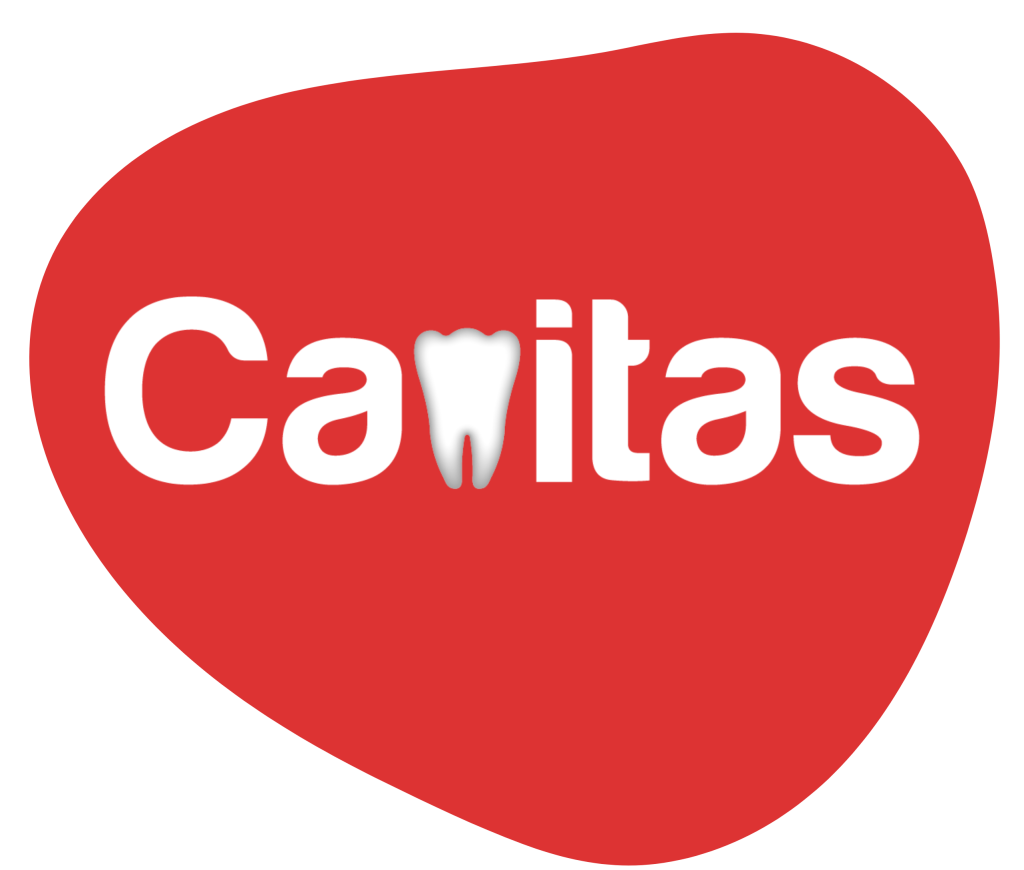Better health, dental, and vision insurance topped the list, with 88% of respondents saying that they would give this benefit “some consideration” (34%) or “heavy consideration” (54%) when choosing a job. Health insurance is the most expensive benefit to provide, with an average cost of $6,435 per employee for individual coverage, or $18,142 for family coverage.
The next most-valued benefits were ones that offer flexibility and improve work-life balance. A majority of respondents reported that flexible hours, more vacation time, more work-from-home options, and unlimited vacation time could help give a lower-paying job an edge over a high-paying job with fewer benefits. Furthermore, flexibility and work-life balance are of utmost importance to a large segment of the workforce: parents. They value flexible hours and work-life balance above salary and health insurance in a potential job, according to a recent survey by FlexJobs.
Eighty-eight percent of respondents said they’d give some or heavy consideration to a job offering flexible hours, while 80% would give consideration to a job that lets them work from home. Both flexible hours and work-from-home arrangements are affordable perks for companies that want to offer appealing benefits but can’t afford an expensive benefits package. Both of these benefits typically cost the employer nothing — and often save money by lowering overhead costs.
More vacation time was an appealing perk for 80% of respondents. Paid vacation time is a complicated expense, since it’s not simply the cost of an employee’s salary for the days they are out; liability also plays into the cost. American workers are notoriously bad at using up their vacation time. Every year Americans leave $224 billion dollars in unused vacation time on the table, which creates a huge liability for employers because they often have to pay out this unused vacation time when employees leave the company. Offering an unlimited time-off policy can be a win-win for employer and employee. (Over two-thirds of our respondents said they would consider a lower-paying job with unlimited vacation.) For example, HR consulting firm Mammoth considers its unlimited time-off policy a success not just for what it does but also for the message it sends about company culture: Employees are treated as individuals who can be trusted to responsibly manage their workload regardless of how many days they take off.
Switching to an unlimited time-off policy can solve the liability issue; wiping away the average vacation liability saves companies $1,898 per employee, according to research from Project: Time Off. And with only 1%–2% of companies currently using an unlimited time-off policy, according to the Society for Human Resource Management (SHRM), it’s clearly a benefit that can make companies more attractive.
Contrary to what employers might expect, unlimited time off doesn’t necessarily equal less productive employees and more time out of the office. A survey from The Creative Group found that only 9% of executives think productivity would decrease significantly if employees used more vacation time. In some cases, under an unlimited time-off policy, employees take the same amount of vacation time. We adopted an unlimited time-off policy at Fractl about a year ago and haven’t seen a negative impact on productivity. Our director of operations, Ryan McGonagill, says there hasn’t been a large spike in the amount of time employees spend out of the office, but the quality of work continues to improve.
Student loan and tuition assistance also ranked highly on the list of coveted benefits, with just under half of respondents reporting that these bonuses could nudge them toward a lower-paying job. A benefits survey from SHRM found that only 3% of companies currently offer student loan assistance, and 52% of companies provide graduate educational assistance. Although education assistance sounds costly, companies can take advantage of a tax break; employers can provide up to $5,250 per employee per year for tuition tax free.
Job benefits that don’t directly impact an individual’s lifestyle and finances were the least coveted by survey respondents, such as in-office freebies like food and coffee. Company-sponsored gatherings like team-bonding activities and retreats were low on the list as well. This isn’t to say these benefits aren’t valued by employees, but rather that these perks probably aren’t important enough on their own to convince a job candidate to choose a company.
